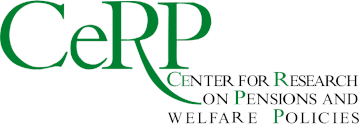by Annamaria Lusardi and Peter Tufano; CeRP WP N. 83/09
Abstract
We analyze a national sample of Americans with respect to their debt literacy, financial experiences, and their judgments about the extent of their indebtedness. Debt literacy is measured by questions testing knowledge of fundamental concepts related to debt and by selfassessed financial knowledge. Financial experiences are the participants’ reported experiences with traditional borrowing, alternative borrowing, and investing activities. Overindebtedness is a self-reported measure. Overall, we find that debt literacy is low: only about one-third of the population seems to comprehend interest compounding or the workings of credit cards. Even after controlling for demographics, we find a strong relationship between debt literacy and both financial experiences and debt loads. Specifically, individuals with lower levels of debt literacy tend to transact in high-cost manners, incurring higher fees and using high-cost borrowing. In applying our results to credit cards, we estimate that as much as one-third of the charges and fees paid by less knowledgeable individuals can be attributed to ignorance. The less knowledgeable also report that their debt loads are excessive or that they are unable to judge their debt position.
Keywords: Financial literacy, numeracy, debt loads, credit card borrowing.
JEL: D14, D91.
WP_83.pdf (PDF document 411Kb)

